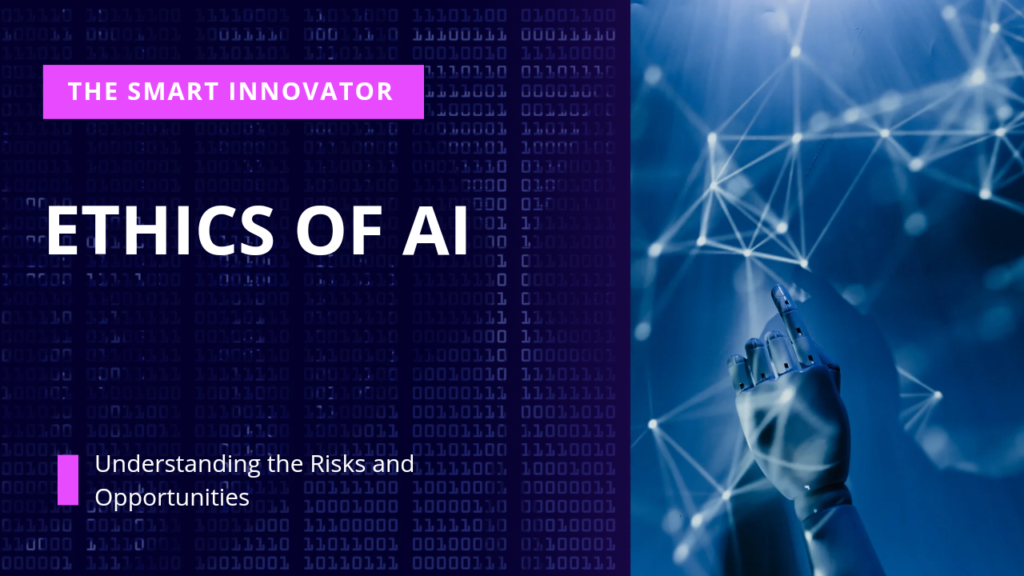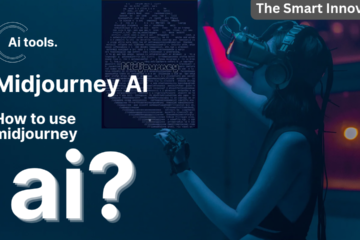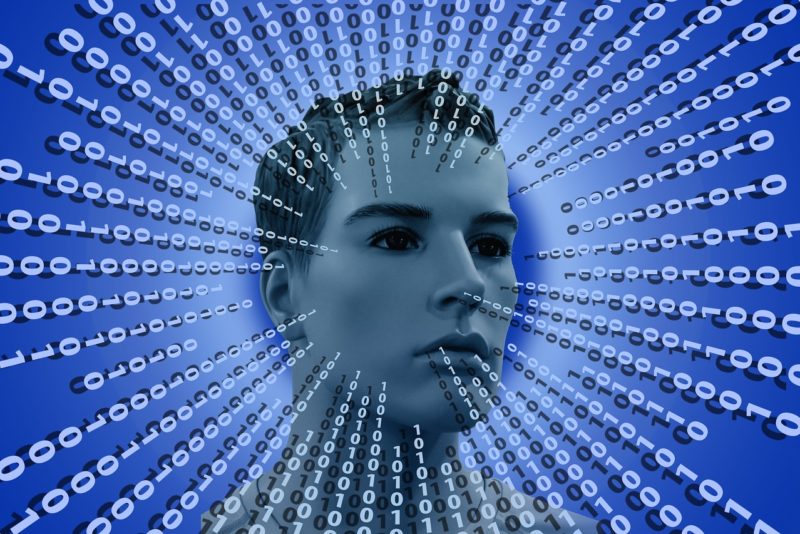The Ethics of AI: Understanding the Risks and Opportunities
Artificial intelligence (AI) has revolutionized the way we live and work, from self-driving cars to personalized recommendations on social media. However, as the technology advances, so do concerns about its ethical implications. In this article The Ethics of AI: Understanding the Risks and Opportunities, we’ll explore the risks and opportunities of AI and discuss the ethical considerations that must be taken into account.
What is AI?
AI refers to the development of computer systems that can perform tasks that typically require human intelligence, such as visual perception, speech recognition, decision-making, and natural language processing. AI systems learn from data and adjust their algorithms accordingly, making them increasingly accurate over time.
The Risks of AI : Why Ethics of AI Needed?
As AI systems become more advanced, there are concerns about their potential risks. One of the primary risks is the possibility of bias in the data used to train these systems. If the data is biased, then the AI system may perpetuate that bias, leading to discriminatory outcomes. For example, facial recognition technology has been shown to have higher error rates for people of color, potentially leading to false accusations and wrongful arrests.
Another risk of AI is the potential for job loss. As AI systems become more capable, they may replace human workers in certain industries, leading to unemployment and economic inequality.
There are also concerns about the use of AI in military applications. Autonomous weapons, for example, have the potential to cause harm to civilians, and the lack of human control over their actions raises questions about responsibility and accountability.
The Opportunities of AI
Despite the risks, AI also presents numerous opportunities. One of the primary benefits is increased efficiency and productivity. AI systems can process vast amounts of data quickly and accurately, leading to faster and more informed decision-making.
Another opportunity of AI is its potential to improve healthcare. AI systems can analyze medical data to identify patterns and predict outcomes, leading to earlier diagnoses and more effective treatments.
AI can also be used to address some of the world’s most pressing problems, such as climate change and poverty. For example, AI can be used to optimize energy use and reduce waste, leading to a more sustainable future.
The Ethical Considerations of AI
As with any technology, the development and use of AI must be guided by ethical considerations. One of the primary ethical considerations is transparency. AI systems must be transparent in their decision-making processes, so that users can understand how decisions are being made and have the opportunity to contest them.
Another ethical consideration is accountability. If an AI system causes harm or makes a mistake, there must be a clear process for assigning responsibility and taking corrective action.
Finally, AI must be developed and used in a way that aligns with human values and ethics. The development of AI must be guided by ethical principles such as fairness, equality, and privacy.
The Ethics of AI: Understanding the Risks and Opportunities-Conclusion
AI presents both risks and opportunities, and it is up to us to ensure that it is developed and used in a responsible and ethical manner. By understanding the risks and opportunities of AI and considering its ethical implications, we can harness the power of this technology to create a better future for all. How you find this cover story tell us in comment section and follow The Smart Innovator for such interesting articles.









0 Comments